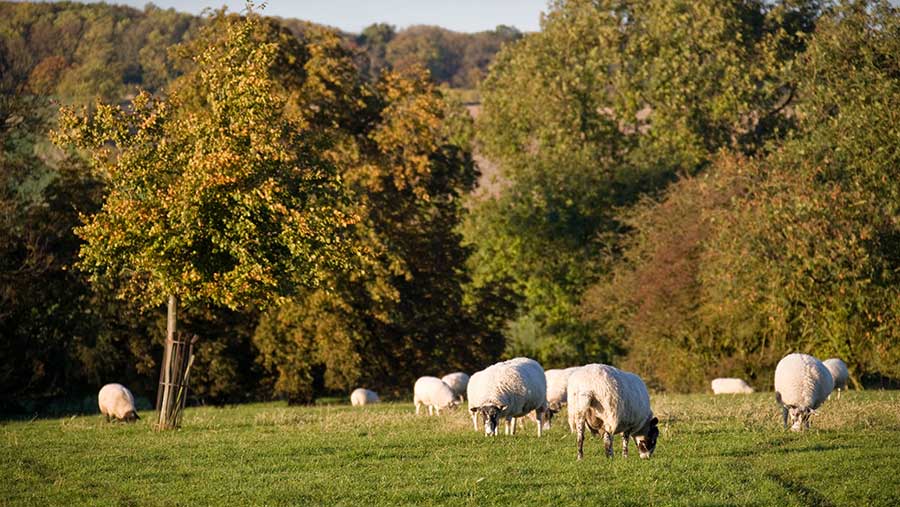Food production and nature must go hand in hand, Juniper says
 © Tim Scrivener
© Tim Scrivener Food production and nature recovery must be seen as a partnership and not an either/or choice, the head of England’s nature watchdog has said.
Tony Juniper, the chairman of Natural England, will highlight the importance of the UK government delivering on its ambitions to stop biodiversity loss by 2030 when he addresses the Farming for Food and Nature conference in Birmingham on Monday 28 November.
He will commend existing projects being carried out by farmers to help nature thrive, while reminding participants that the future of agriculture is heavily reliant on a healthy environment – sufficient water resources, healthy soils and pollinating insects.
The government has set out, through its Environmental Land Management (ELM) scheme, that farmers in England will be paid for work that enhances the environment, such as tree planting, reversing soil degradation or creating new habitats for wildlife.
Farmers Weekly understands that Defra will deliver a significant policy update on ELM, either at the Country Land and Business Association conference on Thursday 1 December, or at the Oxford Farming Conference in January.
The first component of ELM, the Sustainable Farming Incentive (SFI), is expected to stay in place.
But rather than developing a new Local Nature Recovery scheme, the second component will be an enhanced Countryside Stewardship (CS) scheme, with some standards being switched from the SFI.
45,000 agreements
The number of agri-environment scheme agreements stands at more than 45,000, stretching across two-thirds of England.
Mr Juniper says a refreshed CS scheme could really thrive if aligned with farmers’ connections to the land, their pride in it and their willingness to do better for nature.
Mr Juniper will tell participants: “For the new schemes to be a success, we must build upon the good work that farmers have been putting in place for many decades, from targeted action for farmland birds to better management of watercourses.
“This is about the intelligent use of the land that we have to produce multiple benefits – food for sure, but also carbon capture, flood risk reduction, wildlife recovery and beautiful landscapes.”
Mr Juniper will stress that nature recovery and food production must go hand in hand to put society and the economy on a sustainable footing.
“It’s sometimes said that you can’t go green if you’re in the red… I’d say the reverse is actually more true; that is, that farm businesses can’t stay in the black for long if nature is in the red,” he will say.
‘False choice’
Since Russia’s invasion of Ukraine in February, some commentators have claimed that the UK must prioritise food security over nature to maintain food supplies.
Mr Juniper will argue that this implies a “false choice”, by presenting food production and nature “as alternatives rather than essential partners”.
Agriculture is the economic sector most directly reliant on a healthy environment, he will say. “We must, and can, do both – restoring nature while also feeding ourselves.
“Stable climate, sufficient water, pollinating insects, healthy soils and natural pest control are among the assets that render farming viable, and the more we protect those, the more we enhance food security.”
Mr Juniper will be joined by three farmers who will showcase how they are already working sustainably and seeing positive results in terms of nature recovery and profitability.
An expert panel, including representatives from the CLA, the Tenant Farmers Association, the Nature Friendly Farming Network and the Sustainable Food Trust will then discuss the challenges and opportunities the industry faces.
A full report on the conference will feature in Farmers Weekly on Friday 2 December.
